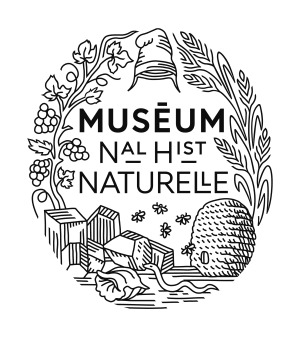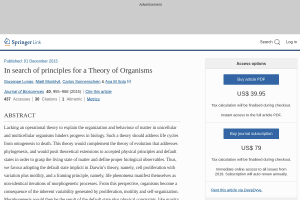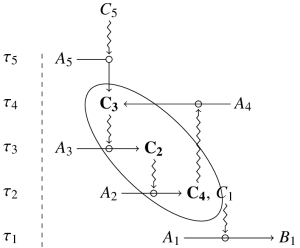
Biophysical approaches to biological phenomena have provided fruitful insights, yet they generally suffer from the direct transposition of physical paradigms and methods in biology, without the deep justifications that exist in physics (as for the conservation of energy for example). In this context, we feel that it is extremely fruitful to propose theoretical principles that are genuinely biological, and frame the discussion and the mathematical analysis of biological processes.
In this talk, we will discuss a framing principle for biology: biological processes can be interpreted as the never-identical iteration of morphogenetic processes.
The iteration mentioned in this principle takes place both at the level of tissues and organs, where it can lead to fractal-like structures, for example, and at the level of organisms (including cells), where it leads to the flow of generations, which phylogeny aims to reconstruct.
The non-identical character of these iterations correspond to a specific form of variation: it is not just quantitative changes that we aim to characterize but changes in the mathematical regularities that enable to study the corresponding processes. We will discuss how the concept of never identical iteration of a morphogenetic process enables to better understand both ontogenetic and phylogenetic processes, and illustrate this with the morphology of mammary gland epithelium. Note for example that phylogenetic analyses are based on the notion that individuals that are afar in the genealogy have different relevant characters.
Last we will briefly discuss the epistemological consequences of this proposal as for the nature of the articulation between mathematics and biological phenomena.











